|
Spotted on day one: Steve James, Kirsten Johnson, Joe Berlinger, Cara Mertes, Keith Maitland and more
TheIDA Getting Real '16 conference does not lack for documentary star power.
The first full day of the event featured a morning keynote with filmmaker Grace Lee, who had flown in from Taiwan only the night before. Other breakout sessions featured Vimeo's Peter Gerard, and the filmmaking team of director Kirby Dick and producer Amy Ziering who explored their work on The Hunting Ground with moderator Ken Jacobson of the IDA. In the afternoon, director Ezra Edelman sat down with moderator Eric Deggans for an in-depth discussion of his acclaimed five-part documentary O.J. Simpson: Made in America. I have had no communication with O.J. O.J. and I are not friends.
Edelman spoke about his approach to the 72 interviews he did for the documentary and his task of shaping a complex narrative that embedded Simpson's story in the larger context of black migration to Los Angeles, the LAPD's antagonistic relationship with the city's black community and the psychic impact of the acquittal of white officers accused of beating Rodney King.
The director made one thing clear about his objective for the project: "The thing I wasn't interested in was, 'Did he do it?'" He added, "I wasn't out to retry or solve the case. I felt that if I offered a thorough examination of O.J. as a man that that would shed light on the events of the night of June 12, 1994, without having to sort of have a film completely framed around that idea."
SHARE THIS:
Edelman said the questions that preoccupied him spoke to broader cultural issues. "There was more a sense of [asking] why he got off, why people responded to the verdict the way they did, why is it 20 some odd years later still misunderstood? Why are people still entrenched in their viewpoints?" He continued, "Setting out to tell the story you realize there's all these different and more interesting questions to explore than the obvious ones that people sort of end up falling down the trap door in trying to explore."
He won the genetic lottery. He was that good looking, he was that charming and he was that preternaturally gifted as an athlete.
Later in the day a panel of noted filmmakers and executives convened for a session dubbed "Facing the Facts." They were charged essentially with confronting the ethical dimension of documentary work and whether filmmakers need be troubled with the "fair and balanced" approach to reporting that is the presumed standard for news journalists.
Vinnie Malhotra, the senior VP at Showtime charged with overseeing the network's documentary slate [he formerly held a similar position at CNN] was among those who said filmmakers were under no obligation to put opposing viewpoints into their documentaries, but instead should pursue the truth as they see it. Nick Fraser of the BBC documentary series Storyville put a slightly different spin on that. "Just let people know you know there's another side to the argument. You don't have to endorse it all," he said.
Fraser did not shy away from making pointed comments. When a fellow panelist, producer Peter Raymont, mentioned his new documentary, All Governments Lie, Fraser commented, "I'd never watch a film called All Governments Lie because I think it's a cliché actually. I think we're in some of the shit we are because we've grown up in a culture which defines governments as lying and they don't always lie. Politicians don't always lie. Some politicians lie; others don't... I think you should have called the film "All Journalists Lie." They lie almost as often as governments do."
Raymont's film features a number of journalists inspired by the work of I.F. Stone, including Glenn Greenwald, who played a key role in disseminating Edward Snowden's revelations about the extent of the NSA's domestic spying program. Said Fraser, "The problem I have with Glenn Greenwald is he dumps derision all over the other side of the argument -- aka people he doesn't agree with -- with endless abuse, which I think is quite appalling. Donald Trump goes in for this as well, about "mainstream media" -- a meaningless phrase, a totally meaningless phrase." You should be able to have passionate views about the world and express them in film.
Tuesday's Getting Real lineup included two events with acclaimed director Steve James. He took part in a keynote conversation with NPR's Neda Ulaby, and later participated in a Q&A following a screening of his documentary Stevie.
Other noted documentary figures on hand Tuesday included Joe Berlinger, a newly added member of the IDA board; filmmaker and cinematographer Kirsten Johnson, whose new film Cameraperson is now in theaters; Cara Mertes of the Ford Foundation and director Keith Maitland, who won the top documentary prize at SXSW in March for his film Tower.
Kirsten Johnson and Nels Bangerter are slated to discuss the craft of documentary during a session Wednesday afternoon. Oscar-winning filmmaker Roger Ross Williams is among the other prominent documentarians who will take the stage Wednesday, joined by his producer Julie Goldman for a discussion with moderator Molly Thompson.
|
AuthorMatthew Carey is a documentary filmmaker and journalist. His work has appeared on Deadline.com, CNN, CNN.com, TheWrap.com, NBCNews.com and in Documentary magazine. |
- Home
- News
- Videos
-
Galleries
- 2019 Tribeca Film Festival
- Full Frame Documentary Film Festival
- 2019 SXSW Film Festival
- SXSW 2018 Gallery
- 2019 Sundance Film Festival
- Outfest 2018 Photo Gallery
- Outfest 2017
- Sundance 2018 Photos
- 2017 LA Film Festival
- 2017 Cannes Film Festival
- Tribeca Film Festival 2017
- SXSW 2017 Gallery
- 2017 Berlin Film Festival
- Sundance 2017 Gallery
- 2016 Los Angeles Film Festival
- Cannes Film Festival 2016
- SXSW 2016 Gallery
- Berlinale 2016 Gallery
- Sundance 2016 Gallery
- Filmmaker Gallery
- About
- Contact
Proudly powered by Weebly
- Home
- News
- Videos
-
Galleries
- 2019 Tribeca Film Festival
- Full Frame Documentary Film Festival
- 2019 SXSW Film Festival
- SXSW 2018 Gallery
- 2019 Sundance Film Festival
- Outfest 2018 Photo Gallery
- Outfest 2017
- Sundance 2018 Photos
- 2017 LA Film Festival
- 2017 Cannes Film Festival
- Tribeca Film Festival 2017
- SXSW 2017 Gallery
- 2017 Berlin Film Festival
- Sundance 2017 Gallery
- 2016 Los Angeles Film Festival
- Cannes Film Festival 2016
- SXSW 2016 Gallery
- Berlinale 2016 Gallery
- Sundance 2016 Gallery
- Filmmaker Gallery
- About
- Contact

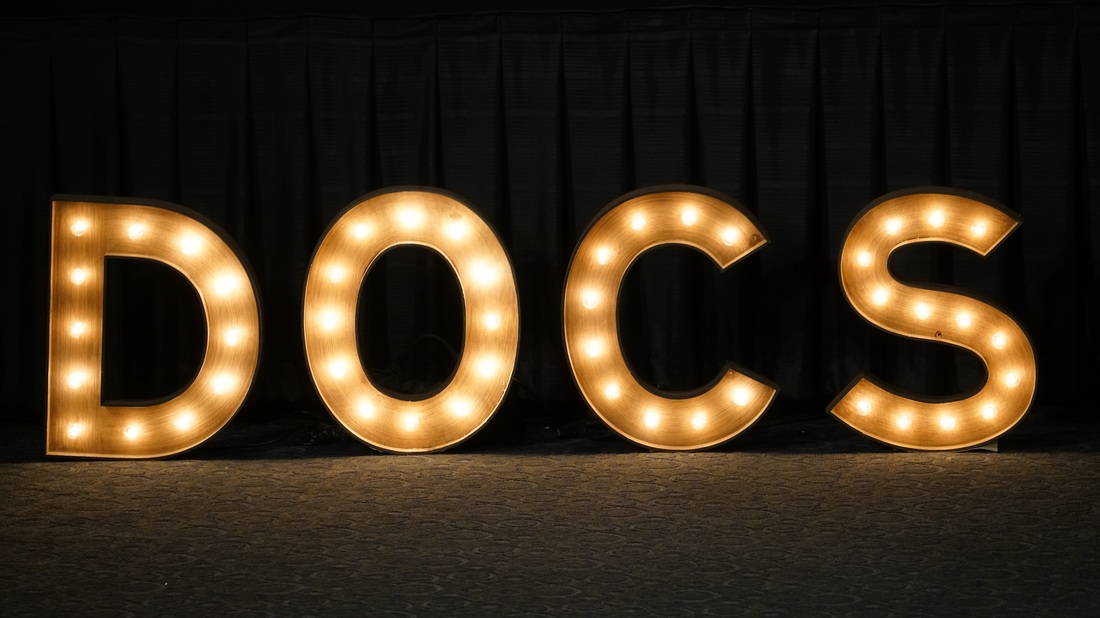
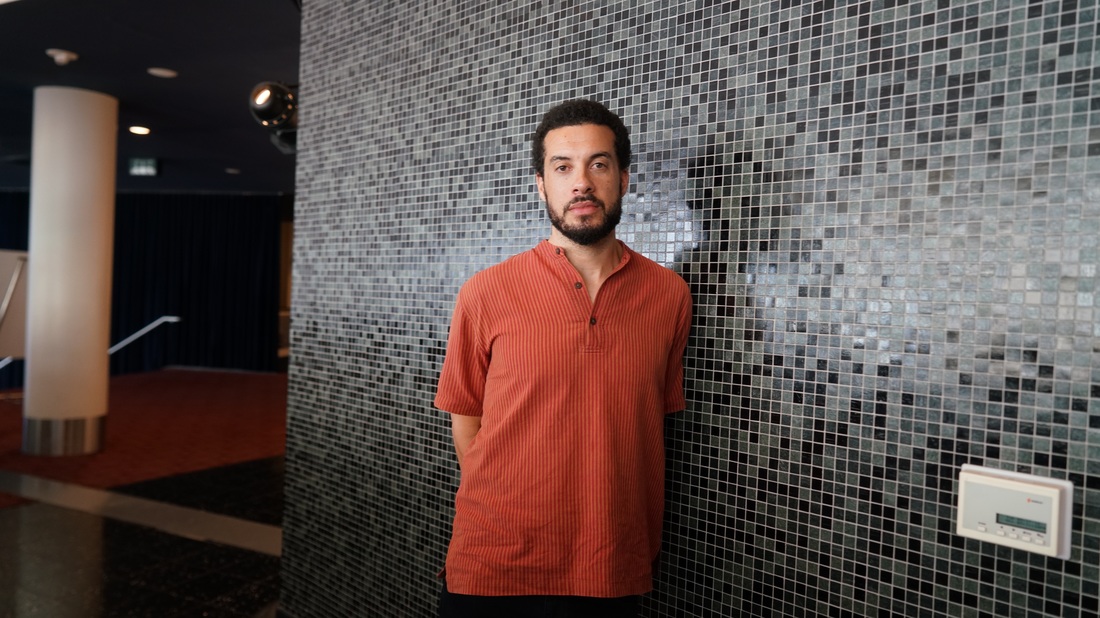
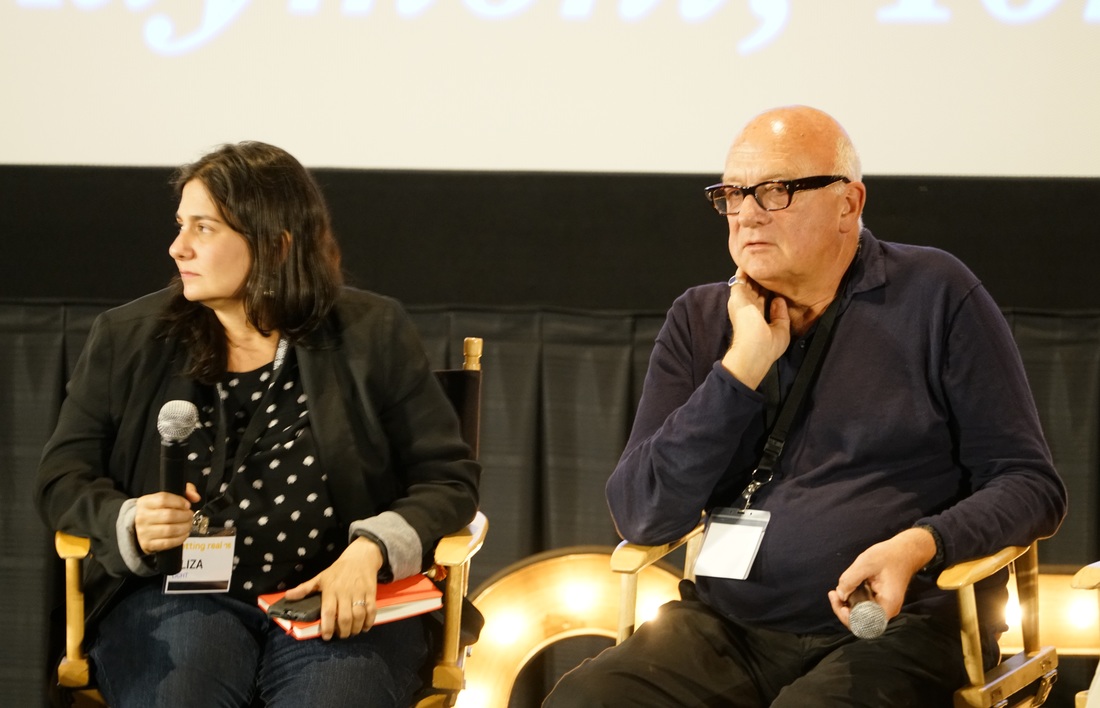
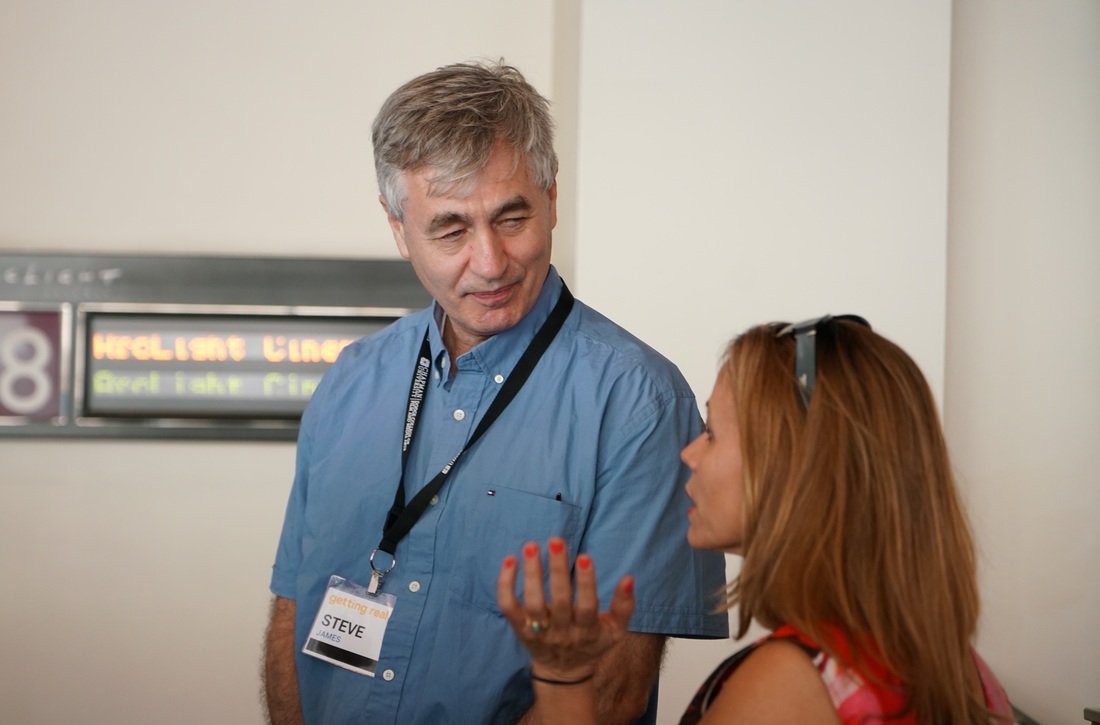
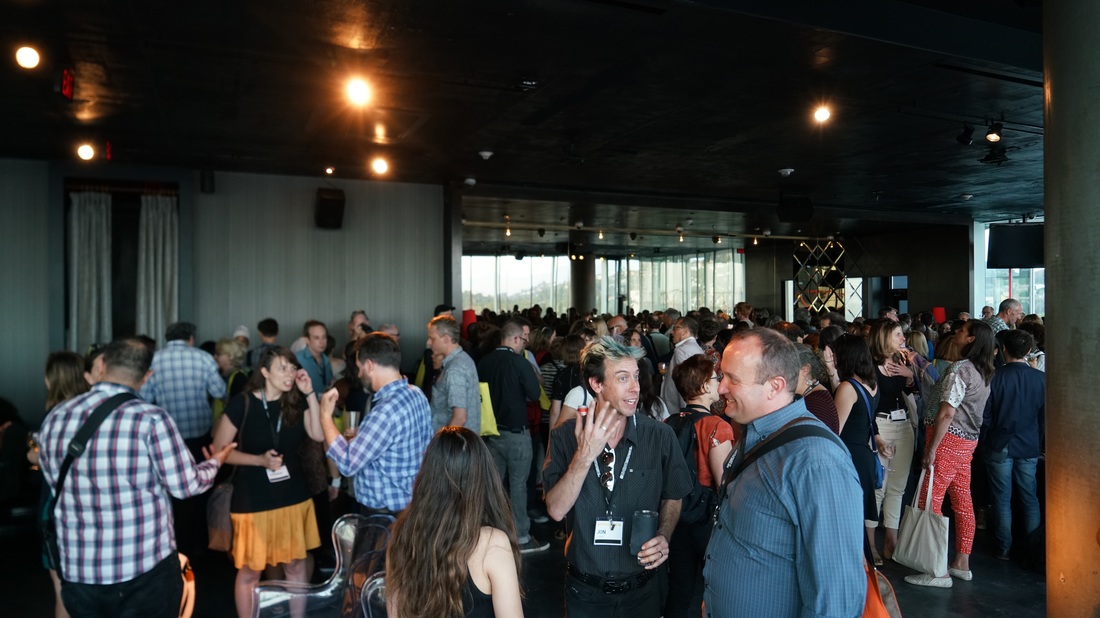
 RSS Feed
RSS Feed